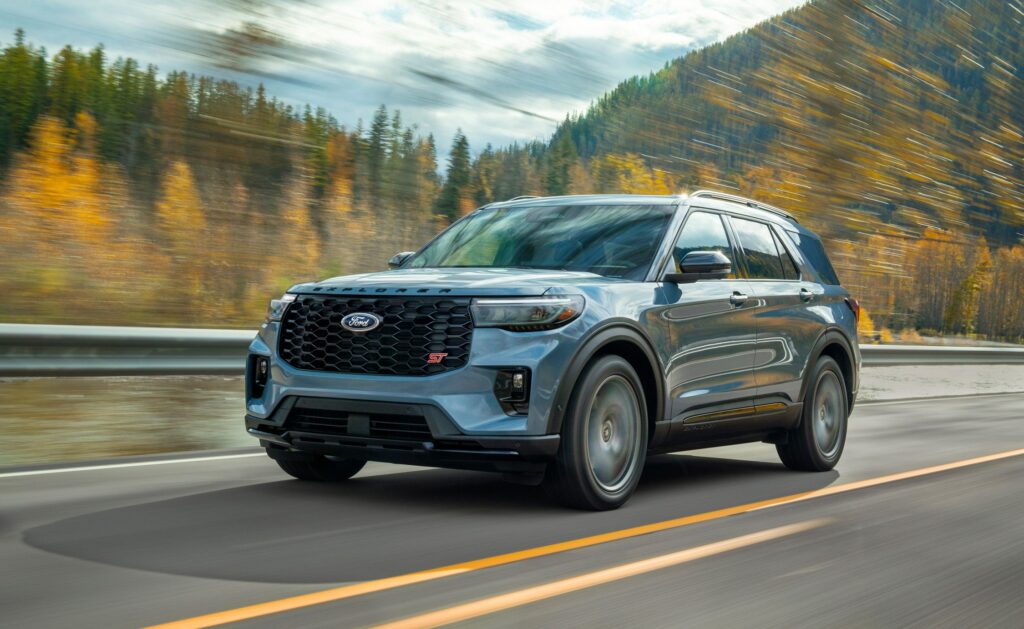The National Highway Traffic Safety Administration (NHTSA) has initiated an inquiry into Ford Motor’s hands-free driving technology, BlueCruise, following two fatal accidents involving Mustang Mach-E SUVs colliding with parked vehicles, as disclosed by the agency on Monday.
The preliminary examination by the agency encompasses approximately 130,000 Ford Mustang Mach-E vehicles manufactured between 2021 and 2024, marking the initial phase to ascertain whether these vehicles present an undue safety hazard.
In response, Ford has stated its collaboration with NHTSA to facilitate the investigation.
Concurrently, the National Transportation Safety Board (NTSB) has commenced separate probes into the two Mach-E accidents.
One such incident occurred on February 24 when a Ford Mustang Mach-E utilizing BlueCruise crashed into the rear of a stationary Honda CR-V on Interstate Highway 10 in San Antonio, Texas, resulting in the death of the 56-year-old Honda driver.
Another incident under investigation took place on March 3 in Philadelphia involving a Ford Mach-E.
The NHTSA, in its recent statement, confirmed that BlueCruise was active just before the collision in the Philadelphia accident.
Notably, both fatal accidents transpired during nighttime conditions, as highlighted by the agency.
BlueCruise, an advanced hands-free driving system by Ford, operates on 97% of highways in the U.S. and Canada devoid of intersections or traffic signals.
It utilizes a camera-based driver monitoring system to assess driver attentiveness.
The scope of NHTSA’s investigation encompasses Mach-E vehicles equipped with Co-Pilot360 Active 2.0, incorporating various driver assistance technologies, including BlueCruise.
Introduced in 2021, BlueCruise is currently accessible across Ford and Lincoln vehicle ranges.
NHTSA’s examination will scrutinize the system’s efficacy in managing the dynamic driving task and its effectiveness in driver monitoring.
Additionally, NHTSA recently initiated an inquiry into the adequacy of Tesla’s recall of over 2 million vehicles, announced in December, to install new Autopilot software updates.
This follows a series of incidents involving crashes.
NHTSA’s investigation was prompted by reports of 20 crashes involving vehicles equipped with the new Autopilot software updates, with at least 13 fatalities attributed to “foreseeable driver misuse of the system.”
